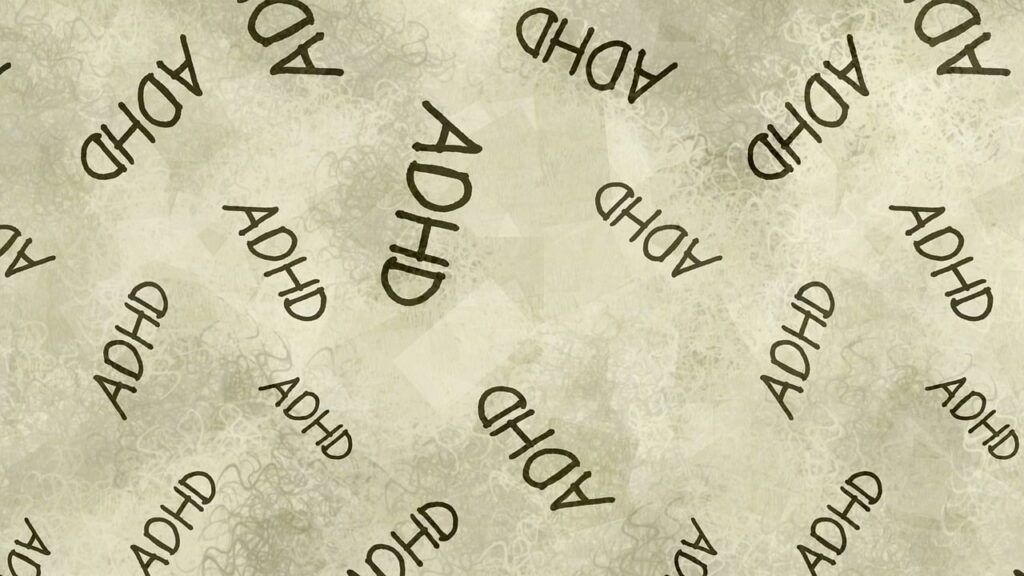Written by Daniela Diaz
As a parent or caregiver, and whether you are new or familiar to ADHD, we would like to ask if you have ever found yourself asking the following questions, during a stressful situation, to your child diagnosed with ADHD:
- Why can’t you just sit still?
- Why do you have to be that noisy?
- Why is this so difficult for you?
We all struggle with parenting as it is not easy. We all have challenges in life, and when it comes to ADHD, sometimes it seems even more difficult as the child does not seem to be able to comply with what we want, or with what we expect as adults.
Certainly, your “ADHD kid” knows and feels that he behaves “different”, and sometimes because of that, they might get treated differently as well. What we sometimes don’t realise is the impact those kind of comments, questions, statements, etc might have on our children.
What happens in an ADHD brain?
Attention Deficit Hyperactivity Disorder is a neurological “disorder” that impacts the specific parts of the brain that help us plan, focus and execute tasks. These are called executive functions. Usually, ADHD can present as inattention, hyperactivity/impulsivity or a combination of these.
And guess what? That’s why your child struggles to stay still, to pay attention, to make decisions that seem socially acceptable, and might be perceived as a difficult child.
A child with ADHD might often make careless mistakes due to difficulties in paying attention, have trouble organising tasks, and avoid tasks especially if they require mental effort. They frequently lose things, and often get distracted. Common behavioural traits include fidgeting, squirming in seats, excessive moving or talking, interrupting people while they are speaking, and they may be challenged if they have to wait for their turn.
As you can see, this would seem like a lot of challenges to face and live with. An ADHD brain is always on the move, and it can’t always fulfil every requirement that society demands, and as a consequence, frustration, self-esteem issues and wonderings take place.
What is self-esteem?
Self-esteem is related to personal belief about skills, abilities, and social relationships. It’s usually associated with the evaluation or subjective appraisal that one has about one-self. That perception often consists of one’s own self-worth, self-respect, and self-confidence, and it might be presented as positive or negative views.
Self-esteem can also be influenced by the environment (school, home, work). Hence if people around us make statements about our bodies, our performance, or the way we act, it might interfere in the way we recognise and perceive ourselves.
How labels and comments impact self-esteem in ADHD
Considering what we already know about how people with ADHD attempt to look neurotypical, given the demands of society, it takes a lot of energy (cognitively, emotionally, and behaviourally) to meet these expectations. It might lead them to feeling shattered when the demands are bigger than what they can cope with.
Fulfilling expectations to stay still, pay attention, be focussed, etc takes a lot of effort, and these are indeed the things that ADHD people struggle with the most. Hence when people keep asking them how difficult it is for them to follow “normal” expectations, it will have a large impact on their self-esteem – they may keep repeating to themselves ….. “what is wrong with me?”, “Why can’t I meet their expectations?”, “Why do I seem to do everything wrong?”.
That is why it’s important for us, as the caregiver, to consider the following points:
- Be clear on what the diagnosis is, how it might impact the child and the people around them, and that it is okay to struggle. If they have an understanding on how the brain processes, things will make more sense.
- Make them aware of the accommodation they might need, and not feel ashamed for asking as it might be crucial for them to succeed.
- Embrace the struggles that ADHD brings itself, and take actions, step by step, to support the areas that need more improvement. This would lead to an increase in quality of life for the child and that of the caregivers.
- Make sure people around them know about the diagnosis, obtain information on how to support ADHD kids, and that they start to minimise societal demands or make accommodations when needed and possible.
When these things are put in practice and the ADHD kid is aware and embraces their diagnosis, their self-esteem may improve because their self-perception would not contradict with the real experiences they are going through. Their thoughts may slowly change to “I’m not different, everyone is different and that’s okay”, rather than, “I’m different, what is wrong with me?”.

